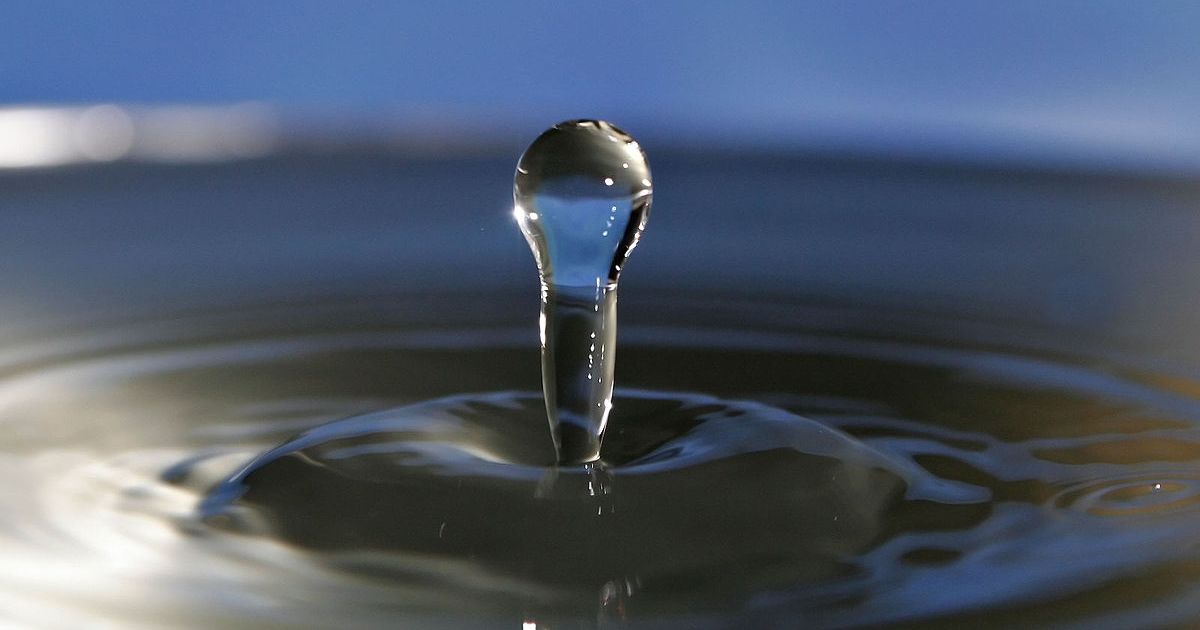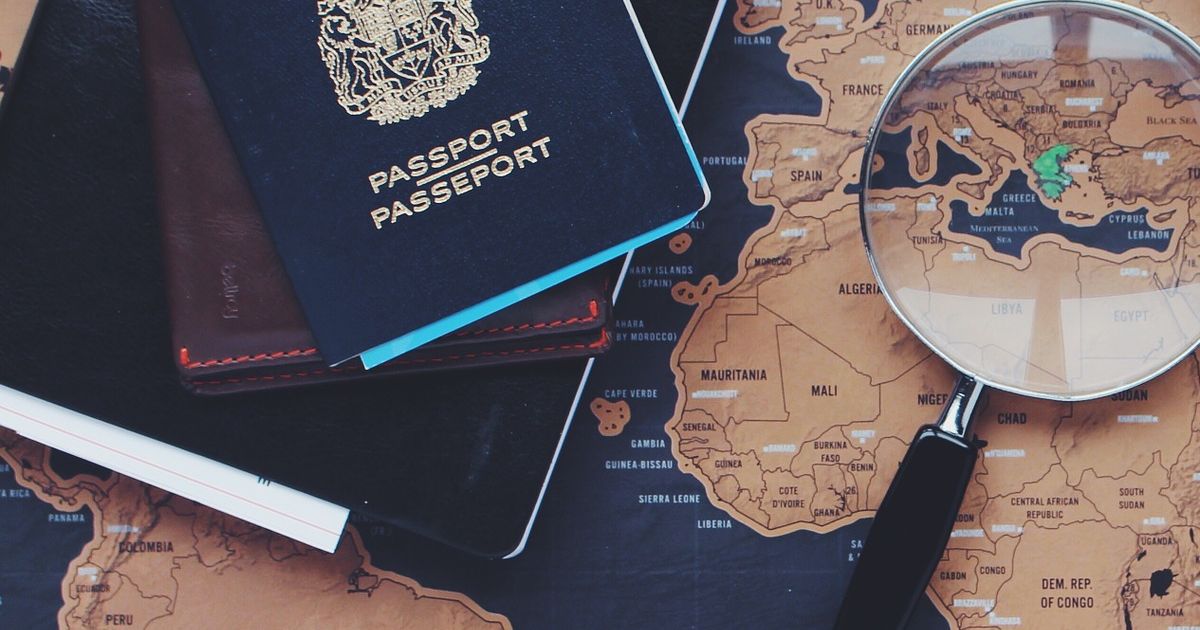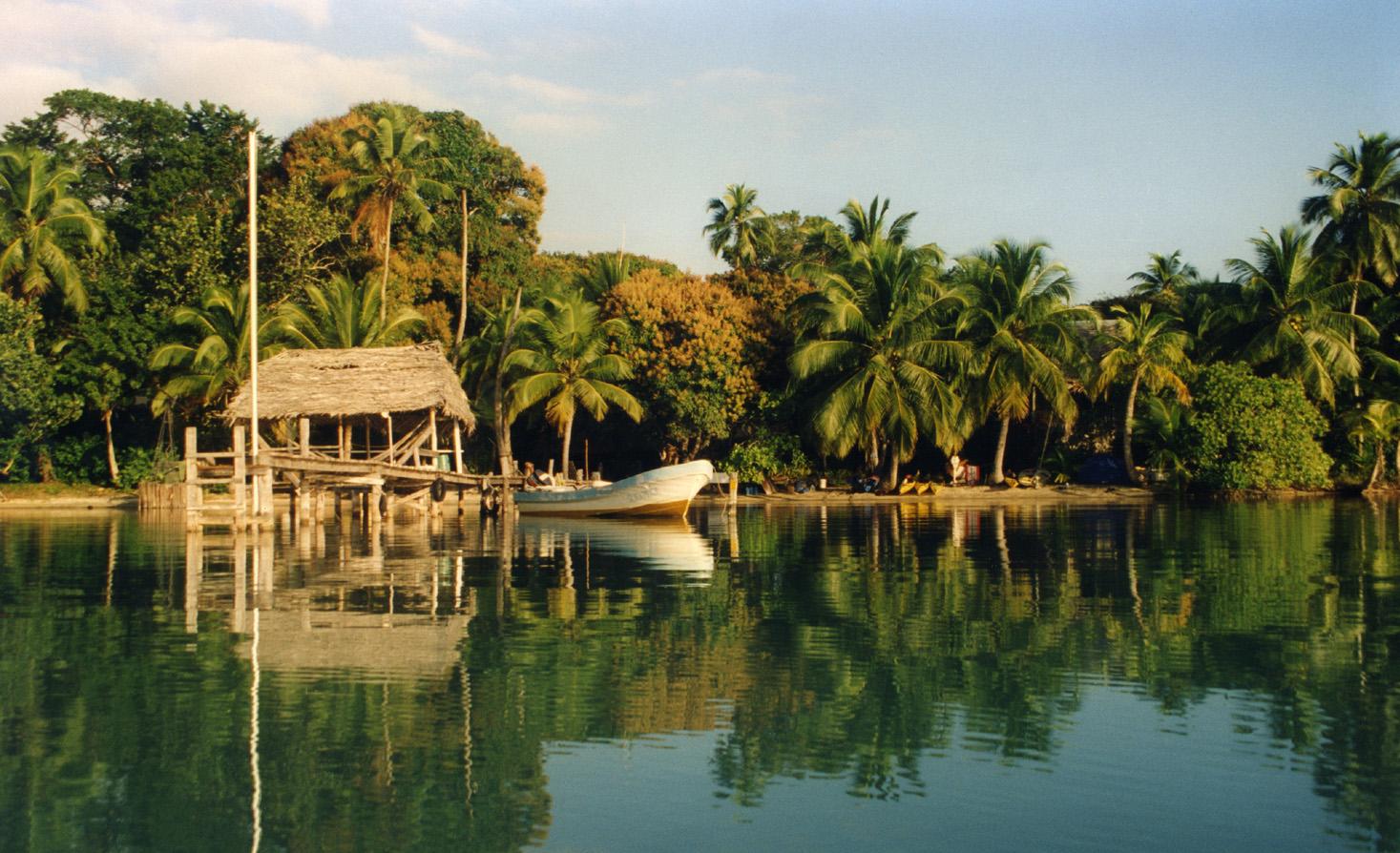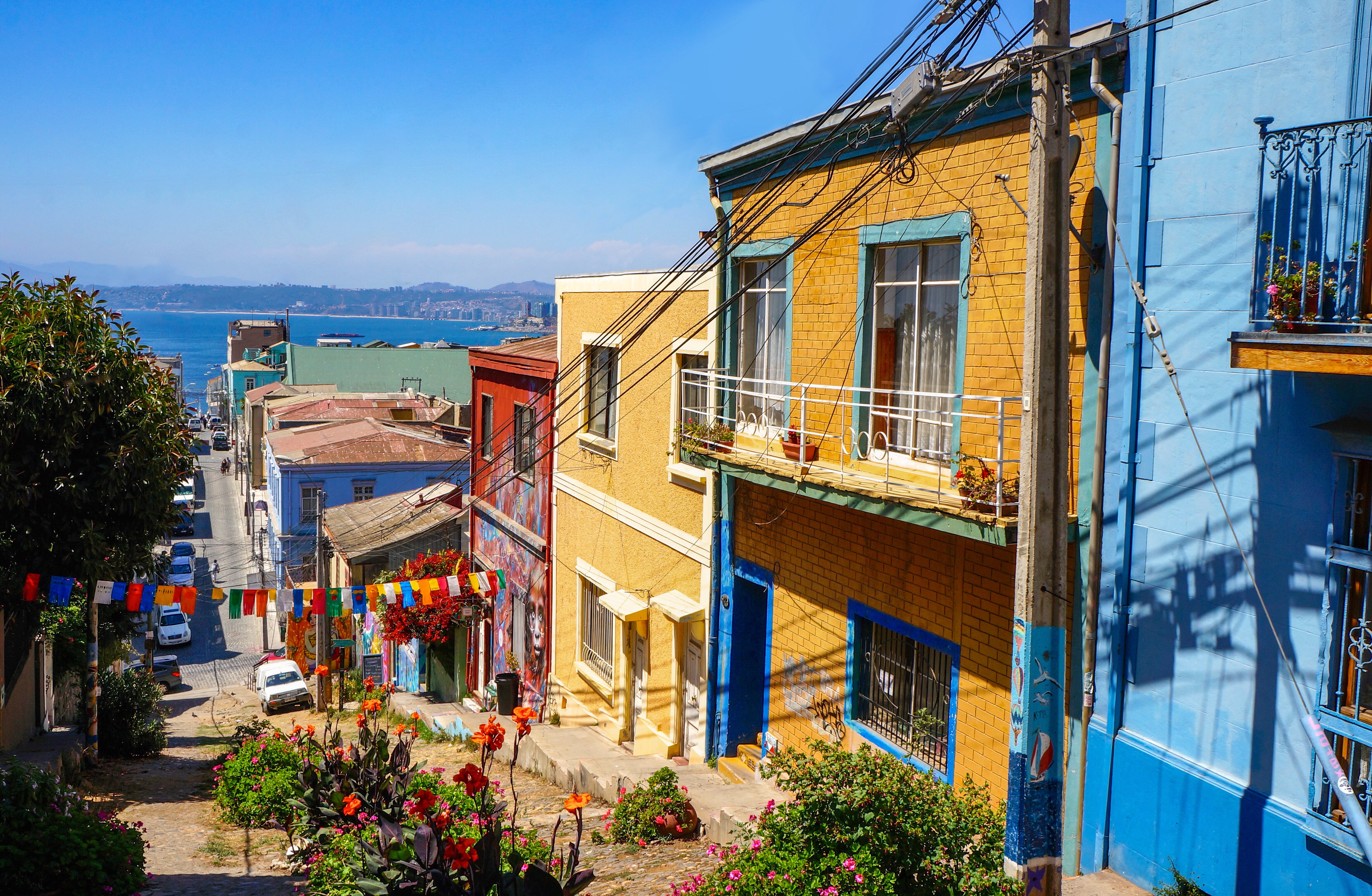Stop Jet-Lag From Wrecking Your Trip
When traveling across multiple time zones, the body needs time to adjust its daily circadian rhythm, which makes the first day of a trip a write-off for many unlucky travelers. Luckily, there are tricks individuals can use to mitigate these effects and help get the most out of their travels. Jet lag affects the human body for up to a few days, depending on the size of the time difference, and can put a damper on those shorter vacation periods because what begins as a week-long vacation can be stifled by an overwhelming need to rest. Here are some ways to help keep jet lag at bay and get the most out of every holiday, regardless of the distance.
Adjusting Your Internal Clock

Adjusting your sleep schedule a couple of days before a flight can drastically reduce the effects of jet lag. Also, changing sleeping habits to mimic the day/night cycle of the destination time zone reduces the adjustment period your body will require. With this in mind, always be sure to take a few extra days before your flight takes off and start becoming accustomed to the new sleep and wake patterns. It also helps to put this into practice on the flight itself. What time will it be at your destination when the flight lands? If it's in the morning, try sleeping as much as possible on the flight, and if it is evening, do your best to stay awake the entire time. For flight arrivals during the middle of the day, it is important to use your judgment.
Continue reading to learn about how hydration can help.
Staying Hydrated

Hydration allows your body to perform at optimal levels, so having water on hand during a lengthy flight is important to help you adjust when traveling and dampen the impact of jet lag. Also, be sure to drink plenty of water while visiting a new climate, particularly a hot or humid one, because both dehydration and jet lag has the same negative impact on a well-planned vacation. Start with drinking roughly eight glasses of water each day of the trip, and roughly one water bottle per four hours of a flight. Adjust as needed.
Continue reading to learn what travelers should avoid drinking on flights or close to one.
Avoid Alcohol And Coffee

Coffee and alcohol are both diuretic substances, which means they encourage the body to expel water, which slowly causes dehydration. Though the effects of both alcohol and caffeine are pleasant, once they wear off the body will again need a chance to recover. Furthermore, these substances alter sleeping habits thanks to their caffeine content, which make it harder for individuals to adjust to new time zone, so avoid consuming too much when transitioning through time zones. In the interest of enjoying a vacation, it may be unrealistic to avoid these drinks entirely, but remember to consume them in moderation and never forget to drink water!
Continue reading to learn how exercise comes into play.
Outside Exercise

Depending on the kind of vacation being planned, as well as the individuals who planned the vacation, there can be a lot of exertion, so being prepared is important. One of the best ways to start banishing jet lag is to go outside and get moving. Not only does this help get your blood flowing, which inherently boosts energy, getting outdoors also gives you the opportunity to go sightseeing around the city, campground, or other locales you find yourself in.
Furthermore, the exposure to sunlight and movement will help get your body in tune with the time change and make sleeping when desired more manageable. Try looking for a city walking tour or local hiking trail. You can even just wander around the area if you so choose (just remember a map).
Continue reading to learn about the role of sleep and relaxation. Yes, there is one!
Sleep And Relaxation

Sleeping is as obvious as it is important, so getting shut-eye during the flight and having regular sleeping times during the trip will cut down on grogginess. Relaxation is equally important so travelers do not overexert themselves. Try taking time out to listen to music or read as these breaks will help keep energy high and power you through the day. Another great thing to try is to visit a spa for a relaxing massage, facial, or other pampering sessions. Activities like these not only stop jet lag but can also make for better all-around travel. Take advantage of rest and relaxation when possible to help kick jet lag to the curb.
Keep going to reveal precisely how planning can help defeat jet lag once and for all.
Planning

Even though there are tons of tricks that promise to prevent jet lag, sometimes travelers encounter variables they could not have foreseen, making it impossible to avoid a lethargic day or two. However, this does not mean travelers should miss out on the major highlights of their trip if they plan accordingly. Try planning events that 'must be done' near the middle or end to avoid feeling too drained to participate. When jet lag cannot be prevented, planning will compensate to assure a great trip. Planning in such a manner provides travelers with the time needed to recover from unavoidable jet lag by inherently saving time for a relaxing activity, such as one mentioned previously.
Ready to travel and minimize the influence of jet lag? Let's go!








